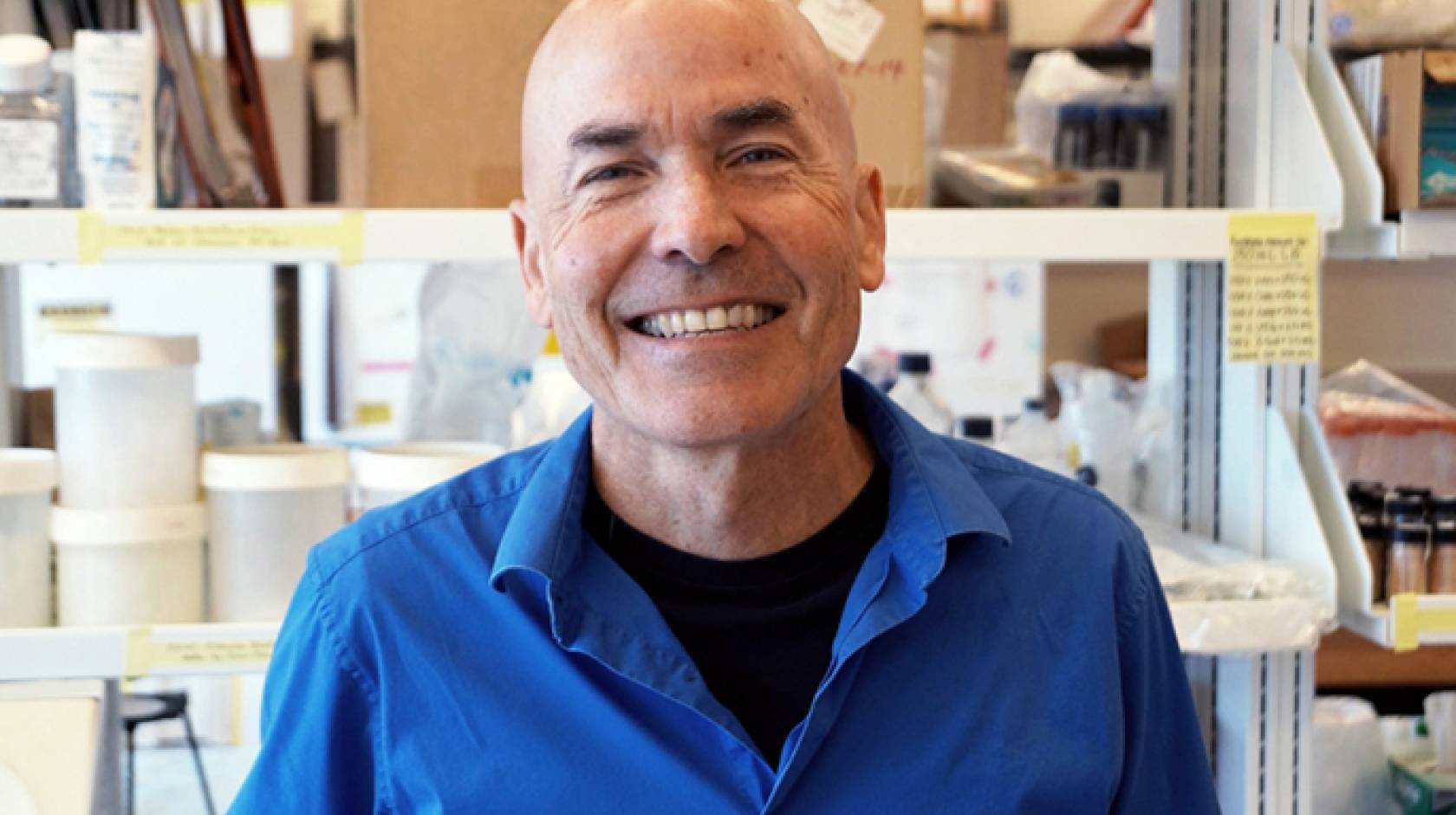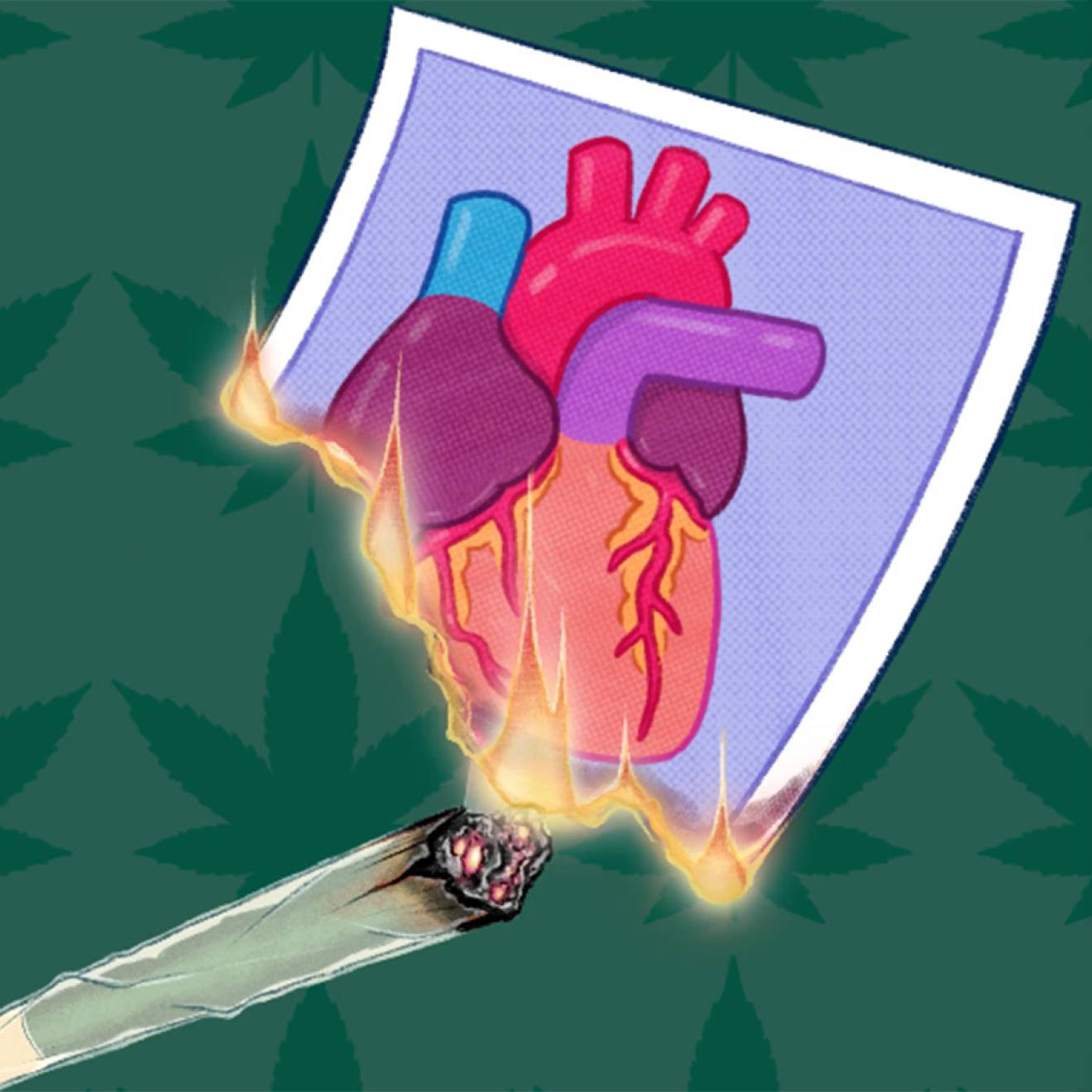UC Newsroom

Three University of California researchers have received new Grand Challenges Explorations grants from the Bill and Melinda Gates Foundation to tackle big problems in global health and development.
They are among 43 grant recipients in the initiative’s 16th round of funding, announced today (May 25). Grand Challenges Explorations funds individuals worldwide to explore ideas that can break the mold in how to solve persistent global health and development challenges.
The UC grantees, who each will receive $100,000, include:
UC Davis
Travis Lybbert, a UC Davis professor of agricultural and resource economics, will work to develop a simple, low-cost approach that uses mobile phone records to track changes in living standards and use it to evaluate new mobile money-saving products and services in Haiti.
UCLA
Daniel Kamei, a UCLA professor of bioengineering, will work on a project to develop a paper-based diagnostic device that can rapidly determine if women are at risk for cervical cancer.
UC Santa Barbara
David Low, a professor in UC Santa Barbara’s Department of Molecular, Cellular and Developmental Biology, will pursue an innovative global health and development research project that focuses on a new way to deal with serious bacterial pathogens that are becoming resistant to many once-powerful antibiotics.
Also, two previous UC Grand Challenges Explorations grantees were awarded additional funding to advance their projects:
UC San Diego
Gregory Goldgof, Elizabeth Winzeler and colleagues from UC San Diego will continue using their drug-sensitive yeast strain, developed by deleting the main multi-drug export pumps, to identify targets for compounds with activity specifically against either the liver stage of the malaria parasite, which could be used to cure infected patients, or the gametocyte stage, which could reduce the rate of malaria transmission.
UC San Francisco
Laura Jelliffe-Pawlowski, a UC San Francisco associate professor of epidemiology and biostatistics, will continue to work with the algorithm developed during Phase I to measure gestational age from metabolic markers taken during routine newborn screening. She will further adapt and test their algorithm for use in Malawi and Uganda and determine its value for identifying newborns at risk of neonatal death or complications.

